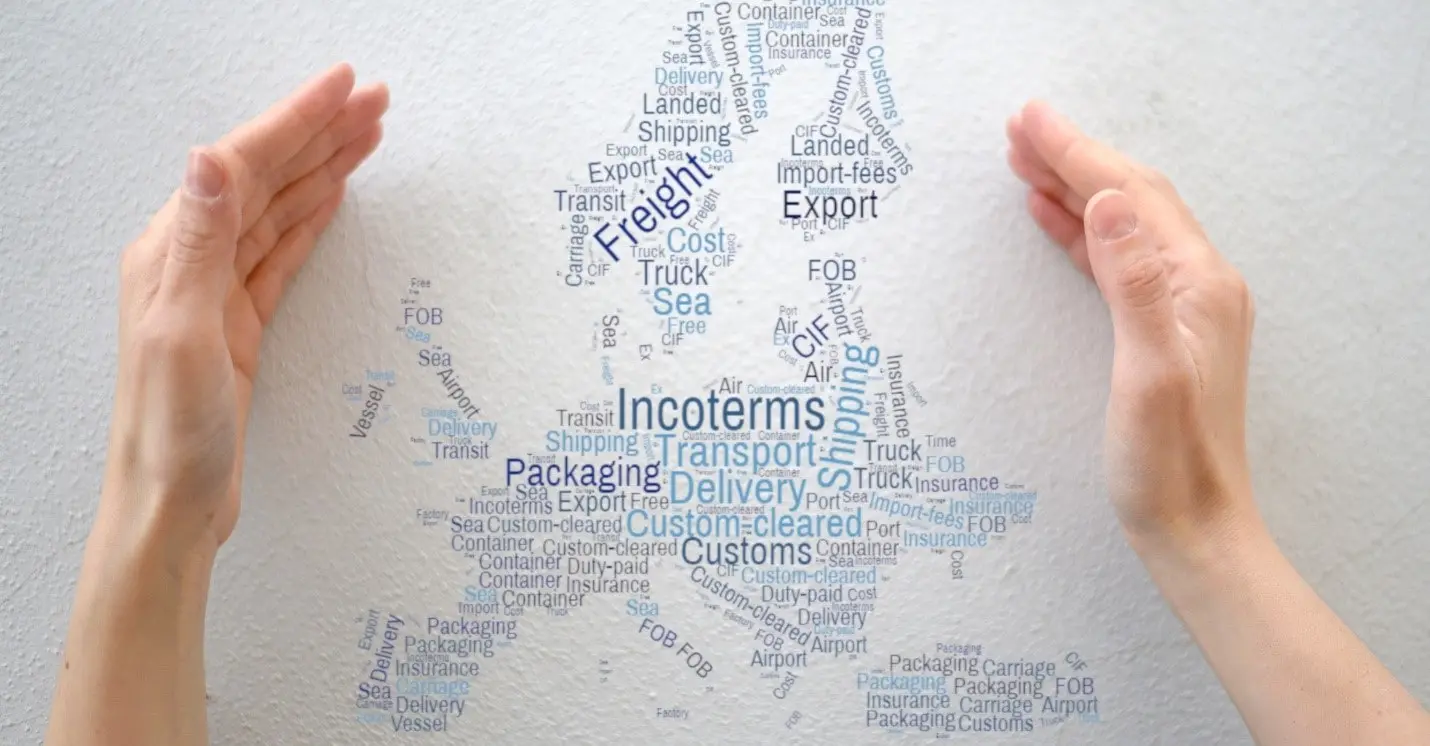Incoterms
Incoterms
Incoterms are international trade terms that define the responsibilities and obligations of both the buyer and seller in an import-export transaction. Incoterms is an acronym for international commercial terms.
The 11 Incoterms as set by the International Chamber of Commerce (ICC) establish the rules governing costs, risk transfer, and activities undertaken by the parties to the agreement. Governments and legal entities across the globe know and accept Incoterms.
Understanding Incoterms is crucial for companies because it helps them to:
- Avoid misunderstandings and disputes – Incoterms clearly define the roles and responsibilities of the buyer and seller, so everyone knows what they need to do. This helps to prevent misunderstandings and disputes, which can be costly and time-consuming.
- Ensure accurate pricing – Different Incoterms have different implications for the cost of the goods and the delivery of the goods. Understanding Incoterms helps companies to accurately price their products and services, including the cost of transportation, insurance, and customs duties.
- Manage risk – Incoterms help companies to manage the risks associated with international trade, including the risk of damage, loss, and theft during transportation.
- Comply with international regulations – Different countries have different regulations and laws regarding the import and export of goods. Understanding Incoterms helps companies to comply with these regulations and avoid legal issues.
Overall, understanding Incoterms is essential for companies engaged in international trade as it helps them to minimize risks, avoid misunderstandings, and comply with regulations.
These seven Incoterms pertain to all transport modes
- EXW – Ex works- The seller transfers the goods at a specified place, usually at the seller’s premises. The buyer is responsible for all transactions following the collection
- FCA – Free Carrier – The seller delivers the goods to the carrier or other named entity. Risk passes on delivery.
- CPT – Carriage Paid To – The buyer names the destination and the seller must pay for the transportation to the destination
- CIP – Carriage and Insurance Paid To– In addition to paying for the carriage of goods to the buyer’s named destination, the seller must buy insurance to cover damages in transit. The seller can get minimum cover. If the buyer once has extra coverage, they must arrange their own or get the seller to agree to more complete insurance coverage.
- DAP – Delivered At Place – The seller delivers goods to the buyer-assigned destination. Risk passes on delivery to the assigned place.
- DPU – Delivered at Place Unloaded – This term replaces DAT (Delivered At Terminal) – The seller must arrange freight to the buyer’s assigned destination and must pay charges up to the point where the goods are offloaded from the transport vehicle. Risk passes once the goods have been offloaded.
These five Incoterms pertain to water transport
- FAS – Free Alongside Ship – The seller delivers the goods to the dock of the departing vessel. At this point risk and responsibility for payment pass to the buyer.
- FOB – Free on Board –The seller delivers the goods onto the vessel at the port designated by the buyer. Risk and responsibility for costs pass from the moment the goods are on board the ship.
- CFR – Cost and Freight –Although the costs and risks pass from the seller to the buyer as soon as the goods are on board the ship, the seller arranges and pays for the transportation to the destination port.
- CIF – Cost Insurance Freight –Although risk and costs pass from buyer to seller once the goods are delivered on board, the buyer arranges and pays for freight and insurance to the destination port. The seller is contracted only to buy minimum insurance. If the buyer isn’t happy with the arrangement, they must negotiate a better deal with the seller or get their own additional insurance.
Marex has vast experience providing Incoterm training and consulting to public and private companies that perform crossborder transactions. We offer both virtual and onsite consultations. Contact us today to learn more about our Incoterm training service offering.

